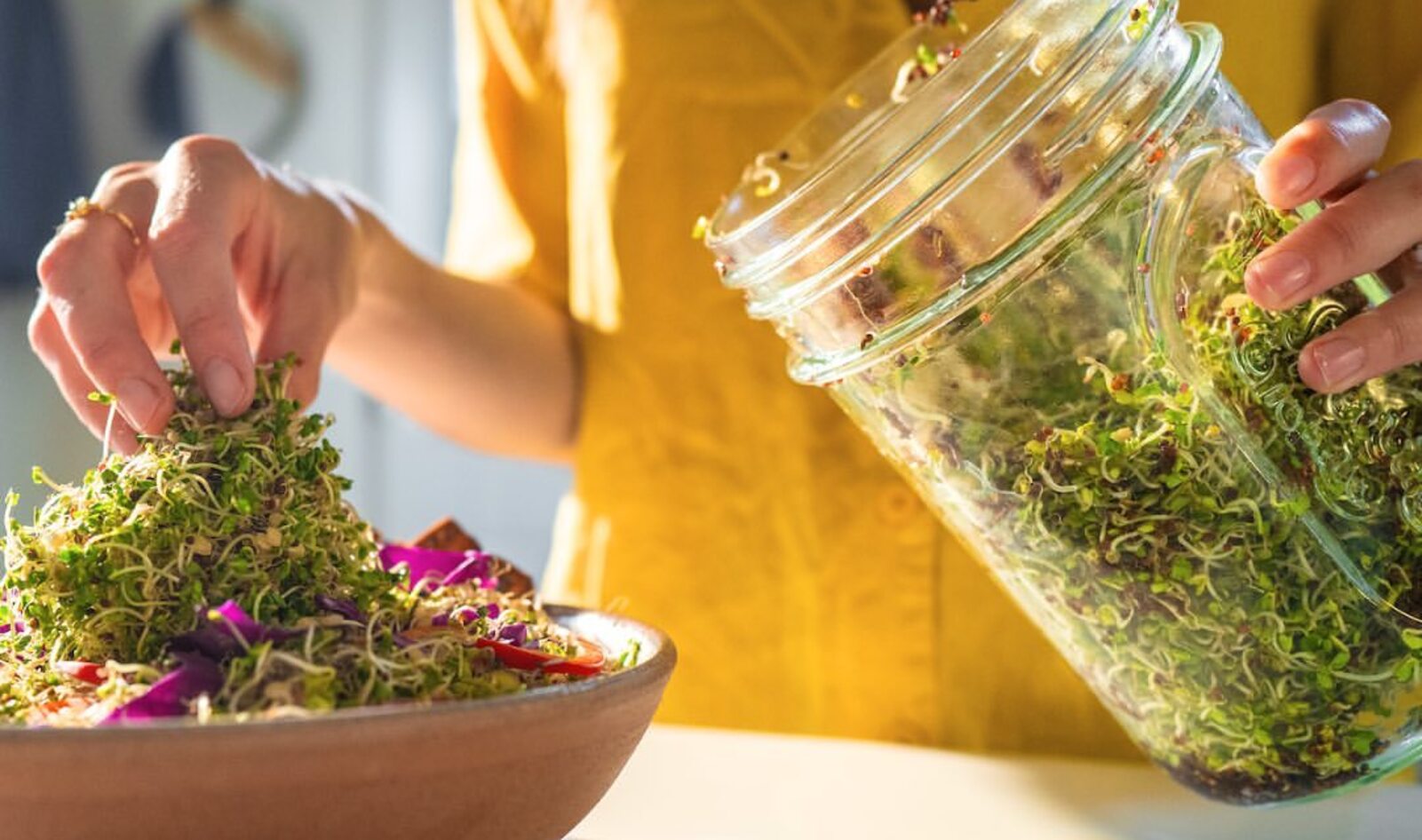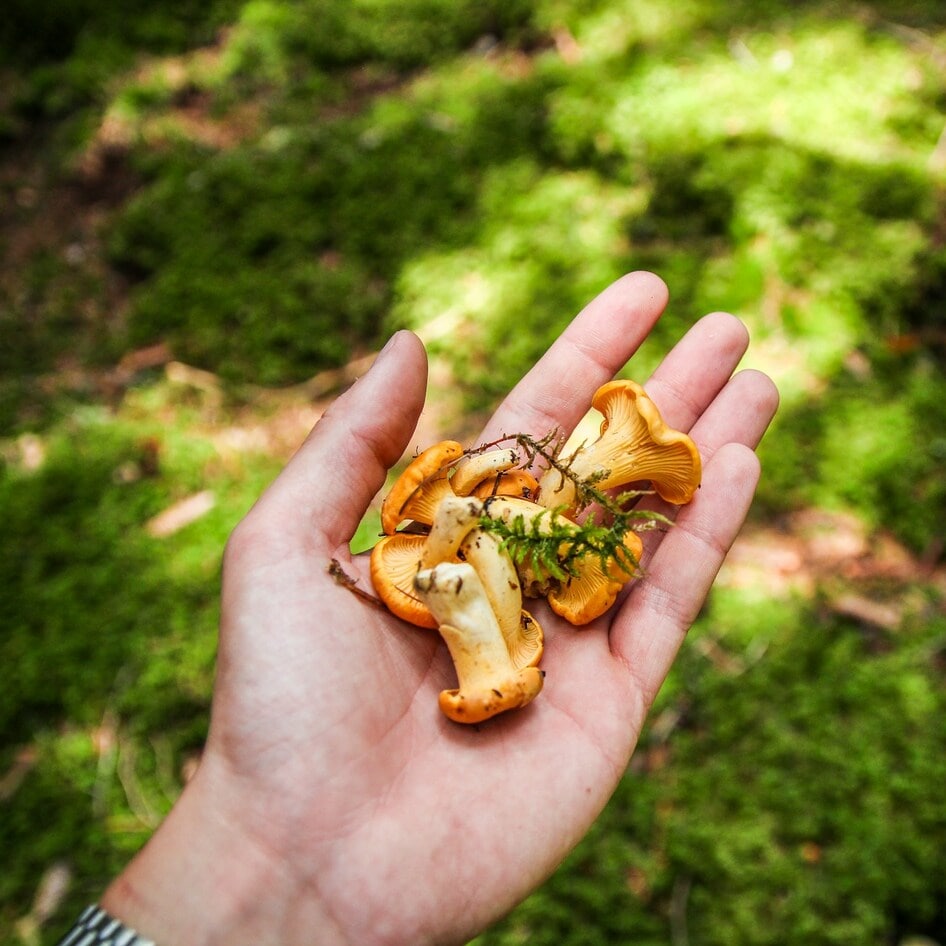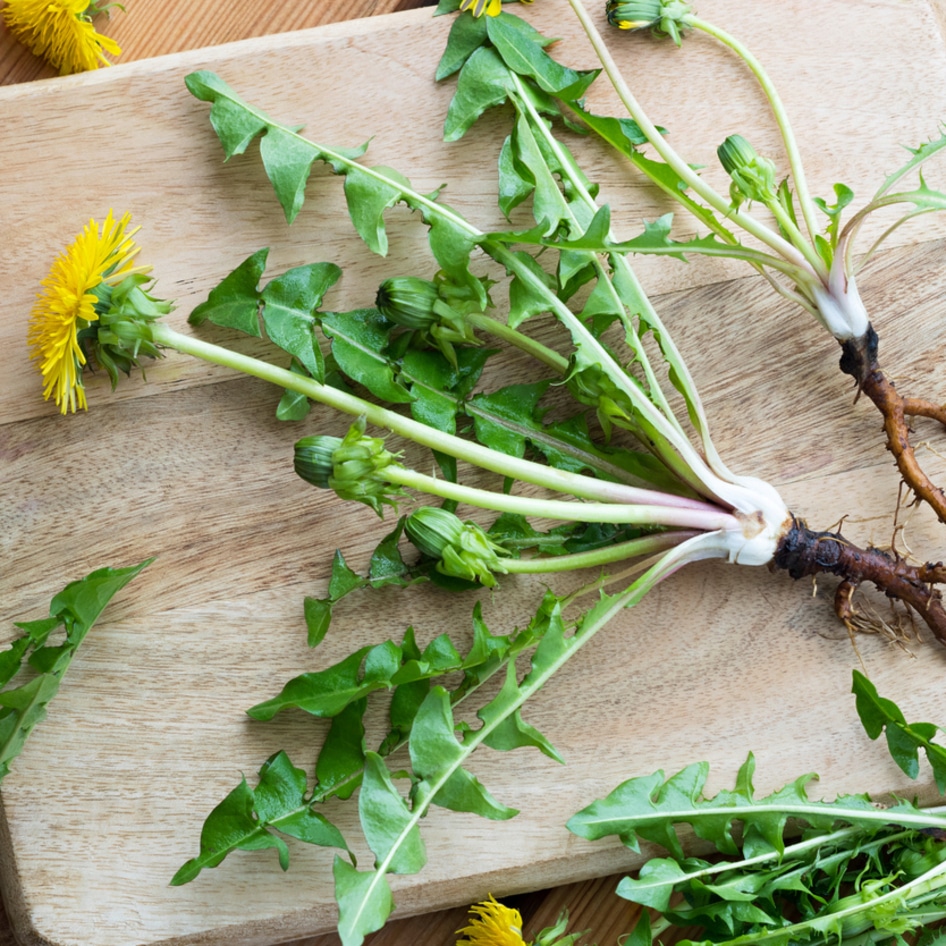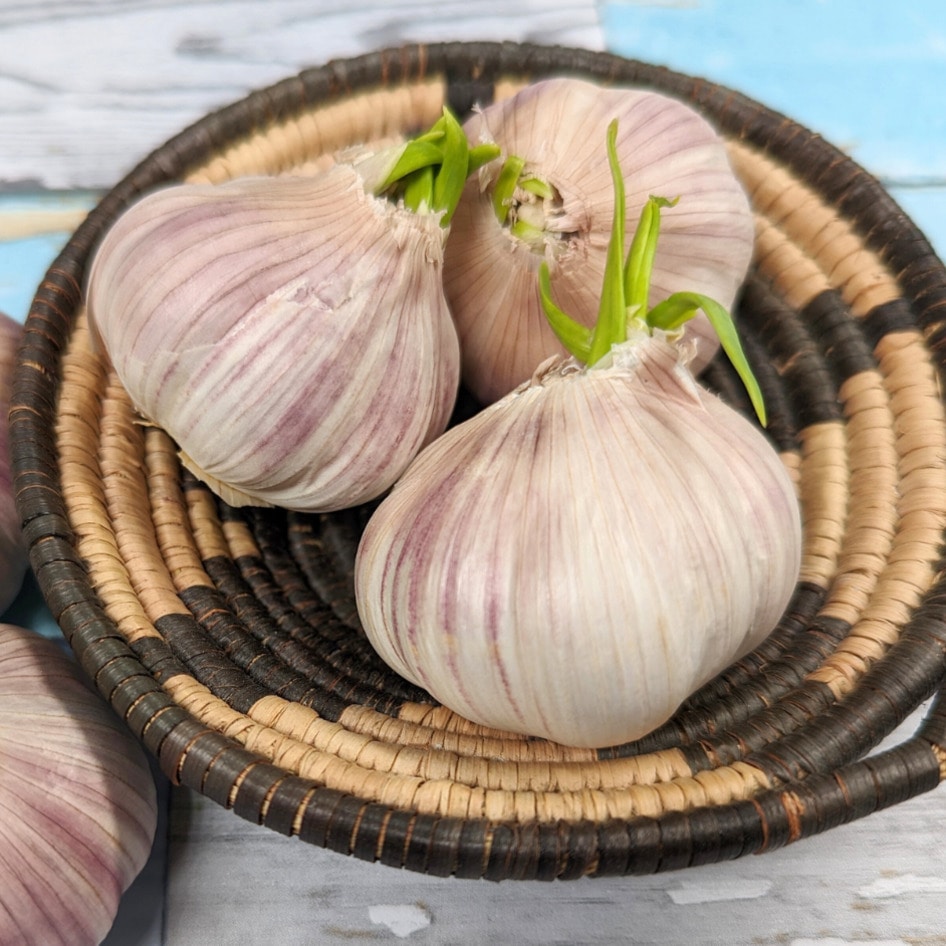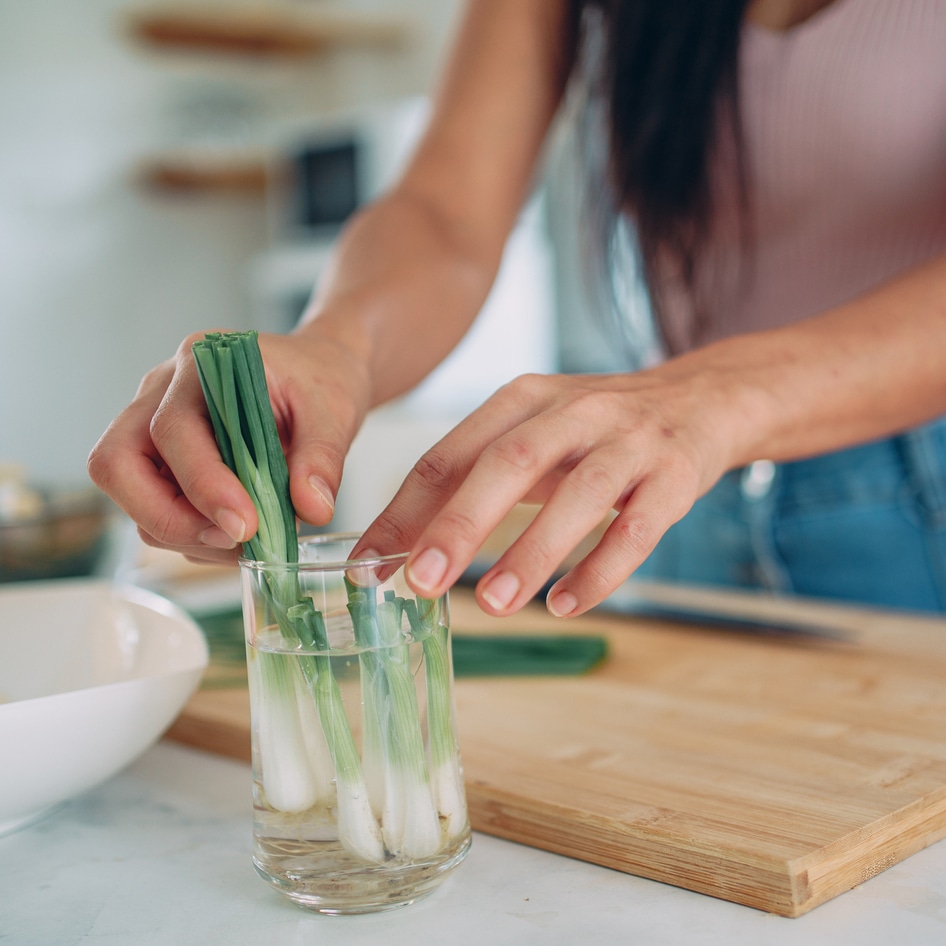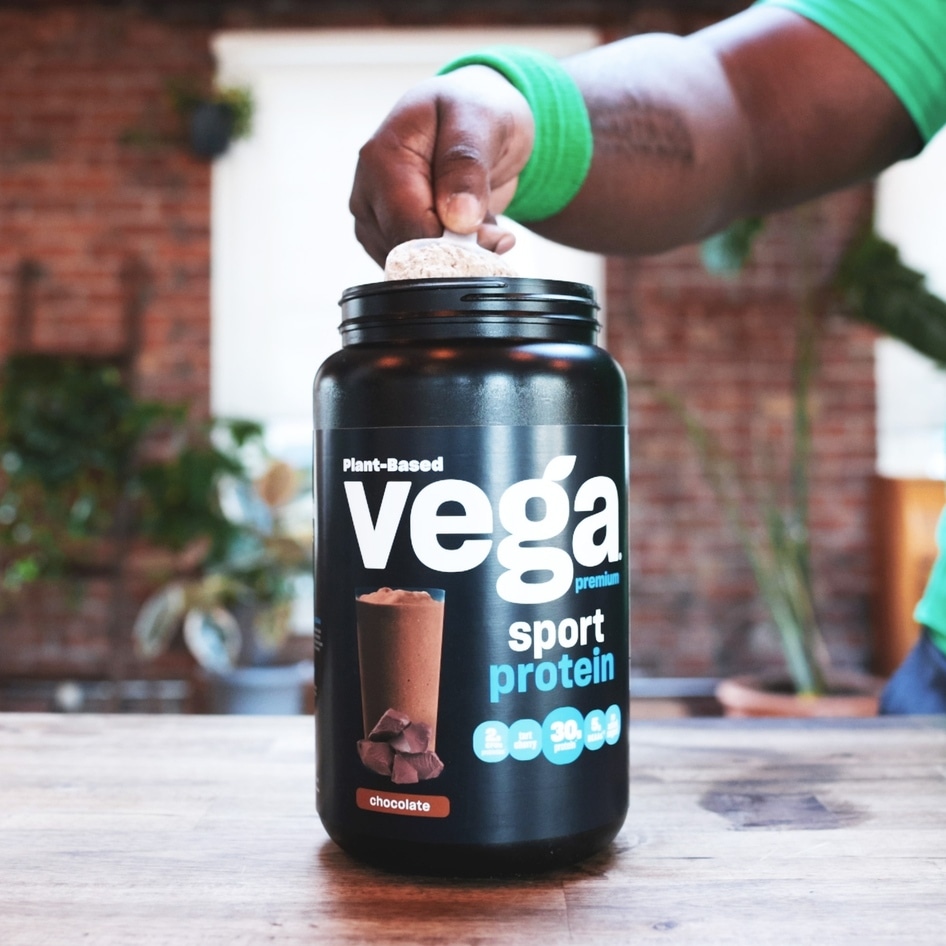Sprouting is having a moment, and for good reason. Growing your own grains and legumes at home is fun, rewarding, and doesn’t require huge amounts of resources or land. But the biggest benefit? Research suggests sprouting is seriously good for our health. In fact, consuming freshly sprouted vegetables (think of them as baby vegetables) has been linked to a reduced risk of disease and better gut health. To learn more about sprouting, its benefits, and how to start doing it from home, we spoke to the sprouting king, Doug Evans.
What are sprouts?
Evans, who describes himself as “a serial entrepreneur with over 30 years of experience in sprouting” is the co-founder and CEO of The Sprouting Company. As you may have guessed, it’s a brand devoted entirely to helping people start sprouting from scratch. It sells sprouting kits and seeds and serves as a comprehensive resource for all things sprouting-related.
According to the company, sprouts are “baby vegetables”—the young shoots of plants harvested just a few days after germination. Popular types include bean sprouts (typically grown from soybeans or mung beans), alfalfa sprouts, lentil sprouts, and broccoli sprouts.
 Doug Evans | The Sprouting Company
Doug Evans | The Sprouting Company
To educate people on different types of sprouts and their benefits, Evans has written the best-selling The Sprout Book, which dives into the “mind-blowing” nutritional benefits of sprouts, as well as how to grow them and how to cook with them, too. According to the sprouting expert, the book is a national bestseller and was one of the top 70 best-selling books on Amazon.
Are sprouts a superfood?
More than two decades ago, Evans witnessed several close family members battle chronic diseases like type 2 diabetes, cancer, and heart disease. He decided that he needed to prioritize his health, so he adopted a raw, plant-based diet. “I made the connection between diet and chronic illnesses,” he told VegNews. During this time, he was drawn to one particular type of vegetable: sprouts.
“Sprouts are incredibly nutrient-dense, often containing 20 to 100 times more nutrients than their mature counterparts,” he says. “They are rich in vitamins, minerals, antioxidants, and enzymes that can boost overall health.”
Research confirms that because the germinating process breaks down starch and phytic acid, which can hinder nutrient absorption, sprouted grains have more available nutrients than mature grains. This has earned sprouts the coveted title of “superfood” from some experts. Superfoods don’t have a legal definition, but they are generally incredibly nutrient-rich foods. Other examples of superfoods include chia seeds, blueberries, kale, and avocado.
Are sprouts good for your gut?
Sprouts are a good source of B vitamins, minerals, protein, and antioxidants, which means they come with all sorts of benefits, including improved immune function and a reduced risk of disease. Antioxidants are compounds that help protect the body from damage caused by harmful molecules called free radicals, which over time, can lead to the development of diseases, like cancer.
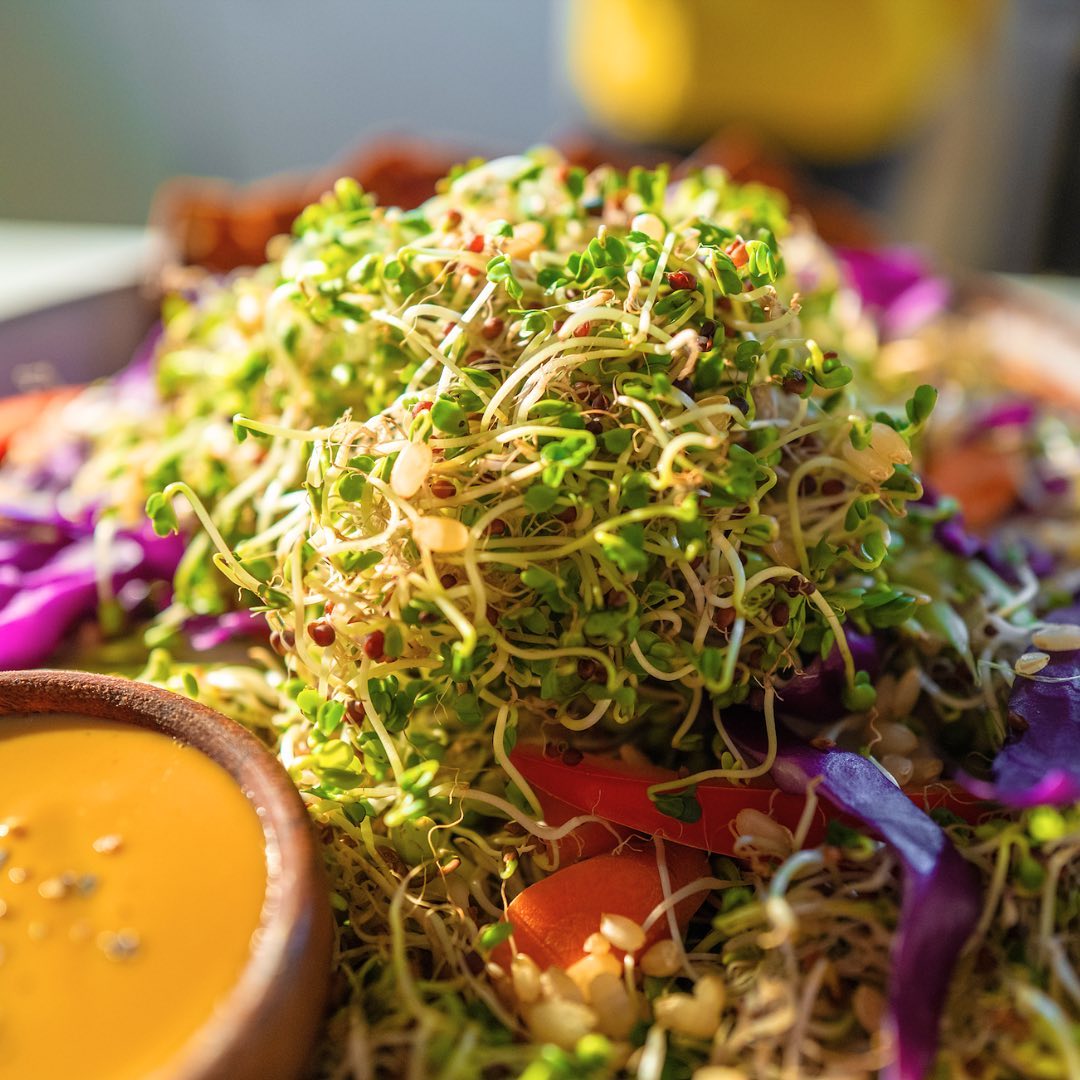 The Sprouting Company
The Sprouting Company
But it’s the high fiber content in sprouts that makes them particularly good for gut health. “Studies show that when seeds are sprouted, the amount of fiber they contain increases and becomes more available,” explains Alina Petre, MS, RD for Healthline. “In one study, grains allowed to sprout for five days contained up to 133 percent more fiber than un-sprouted grains.”
Maintaining good gut health is also linked with a reduced risk of disease and illness. In fact, about 70 percent of the immune system is located in the gut, where beneficial bacteria help to regulate immune responses.
How to cook with sprouts
After you’ve grown your sprouts (we’ll get into how to do that in a moment), you might be thinking: what now? Evans says the good news is that sprouts are “incredibly versatile and can be used in a variety of dishes.”
He explains, “They can be added to salads, sandwiches, smoothies, and soups. One of my favorite recipes is a sprout salad with a mix of different sprouts, avocado, cherry tomatoes, cucumber, and a light lemon-tahini dressing.” Check out this TikTok from the sprouting expert, for example, which walks you through how to whip up a broccoli sprout tahini salad in just a few minutes.
BECOME A VEGNEWS VIP: Get exclusive product deals, freebies, and perks galore!
“Another great way to use sprouts is in wraps or as a topping for grain bowls to add a fresh, crunchy texture,” adds Evans. “Sprouts can also be blended into green smoothies for an added nutritional boost. I love sprouts as a very healthy alternative to rice and pasta.”
How to grow sprouts at home: 3 top tips from a sprouting expert
Before you can eat the sprouts, you need to grow the sprouts. And even more good news: Evans maintains that sprouts can “be grown easily at home, without soil, sunshine, or fertilizer.” In fact, it’s this simplicity that drew him to sprouting in the first place.
“My journey into sprouting began when I moved to Wonder Valley Hot Springs, CA, which is not only an environmental desert but a food desert,” he explained. “Since I am a raw vegan, it was imperative for me to have a continuous and sustainable food source.”
“I was drawn to the simplicity, nutritional density, and sustainability of sprouts, which led me to focus my efforts on making sprouting accessible to everyone,” Evans said.
If you’re interested in starting your own sprouting journey, we’ve listed three top tips from Evans below, from using the right seeds to getting the right kit to nurturing them in just the right way.
1 First, check if you’re using the right seeds
Before you can sprout, you need seeds. But you can’t just pick up any old packet; you’ll need to look for seeds specifically labeled for sprouting, says Evans. It’s also best to choose high-quality, organic seeds. You can, of course, find these at The Sprouting Company.
“I wanted seeds that met a very high specification,” notes Evans. “For example, I wanted assurance that my seeds were glyphosate-free or certified organic, that they were tested for high germination, and that they were tested for pathogens. Nothing met those standards, so I went through all of the processes to ensure that The Sprouting Company met those standards.”
You can also check out brands like Nature Jims, Now Foods, and Natural Roots on Amazon.
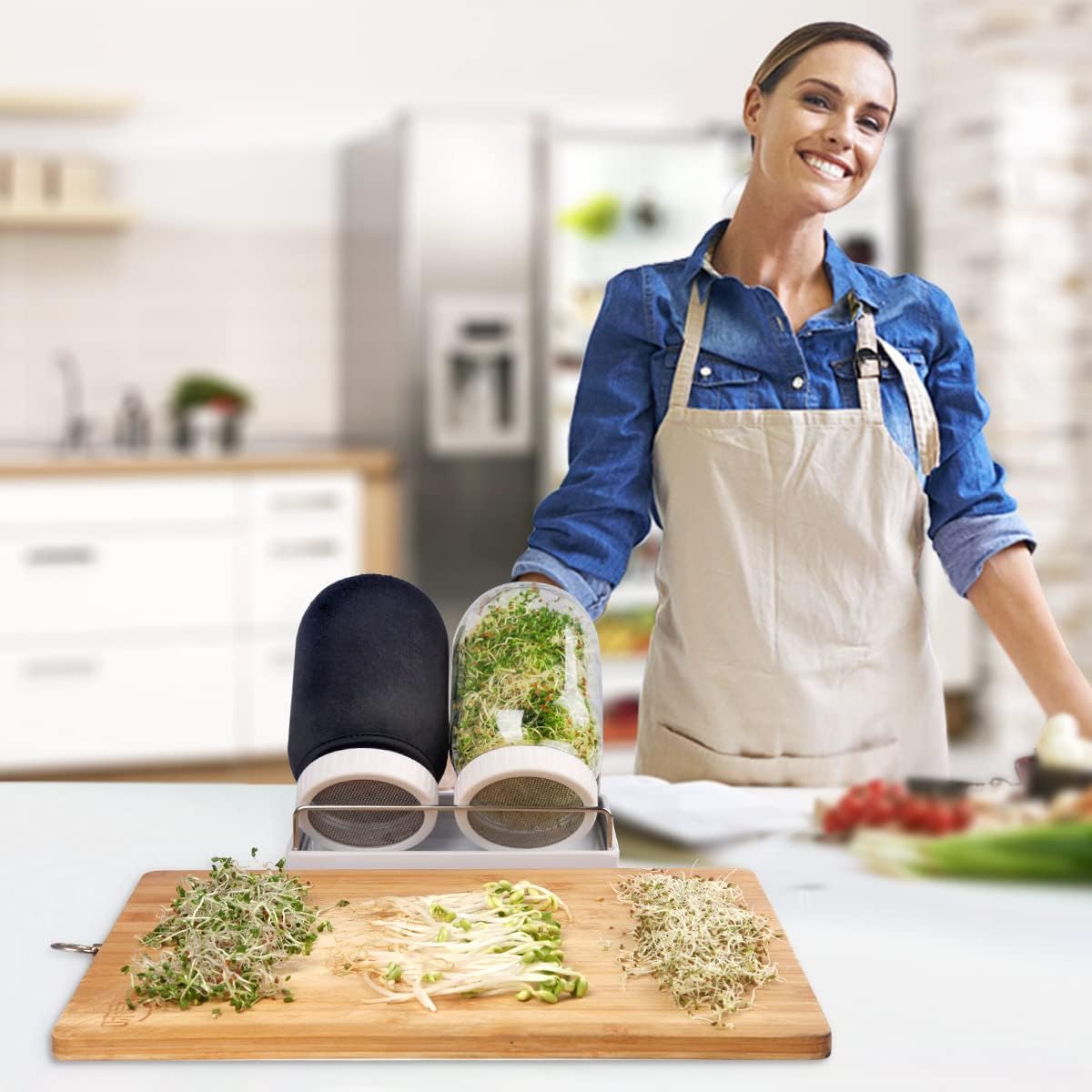 Malastar
Malastar
2 Invest in a good sprouting kit
After you’ve got your seeds, you need the right materials. Evans maintains he put in a lot of research to ensure that The Sprouting Company’s kits are the best on the market.
“After buying all the sprouting equipment on the market, I realized that there hadn’t been any real innovation or design in hundreds of years. The primary method for sprouting was a mason jar and cheesecloth, the mason jar was designed for canning and the cheesecloth was designed for making cheese,” he explains. “We worked with a small team of engineers and industrial designers to make a kit specifically designed for sprouting. It’s larger, has optimum drainage and high airflow, and anything that touches the sprouts is glass or stainless steel.”
Other brands offering sprouting kits on Amazon include Malastar, Zestigreens, and YeeGeell.
“Growing your own sprouts ensures you get the freshest and most nutrient-dense sprouts possible. Store-bought sprouts may lose some of their nutritional value during transport and storage,” Evans explains.
3 Nurture your sprouts carefully
Sprouts are relatively low-maintenance, but there are a few things you need to pay attention to when they’re growing. Evans states they need clean, filtered water for rinsing and soaking the seeds (“sprouts need to be rinsed thoroughly to grow and be hydrated”), as well as “proper ventilation and light exposure” and plenty of space.
“To avoid mistakes, follow the instructions carefully, ensure proper rinsing and drainage, and use the right tools and seeds,” notes Evans. He adds that The Sprouting Company also has a free app to help you along on your journey.
For more plant-based stories like this, read:
JUMP TO ... Latest News | Recipes | Guides | Health | Subscribe
Here at VegNews, we live and breathe the plant-based lifestyle, and only recommend products we feel make our lives amazing. Occasionally, articles may include shopping links where we might earn a small commission, but in no way does this effect the editorial integrity of VegNews.

